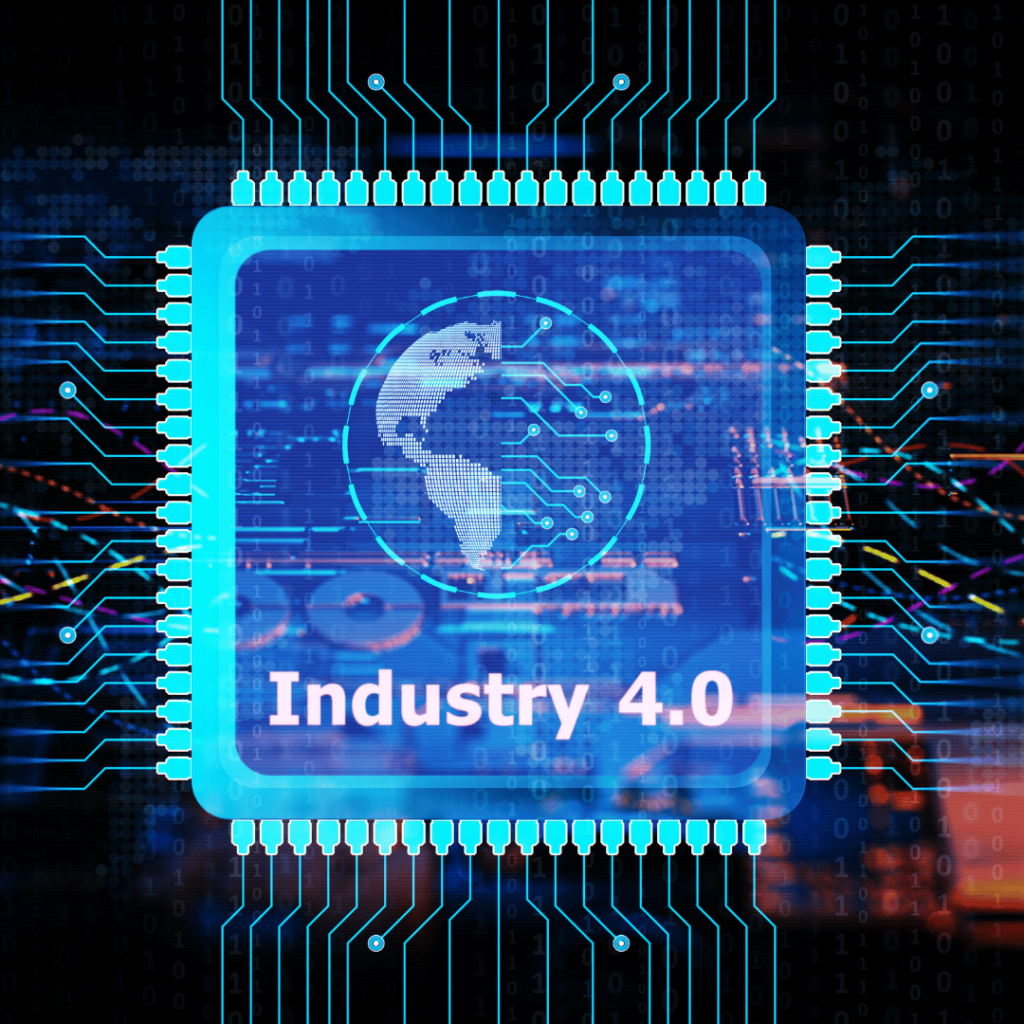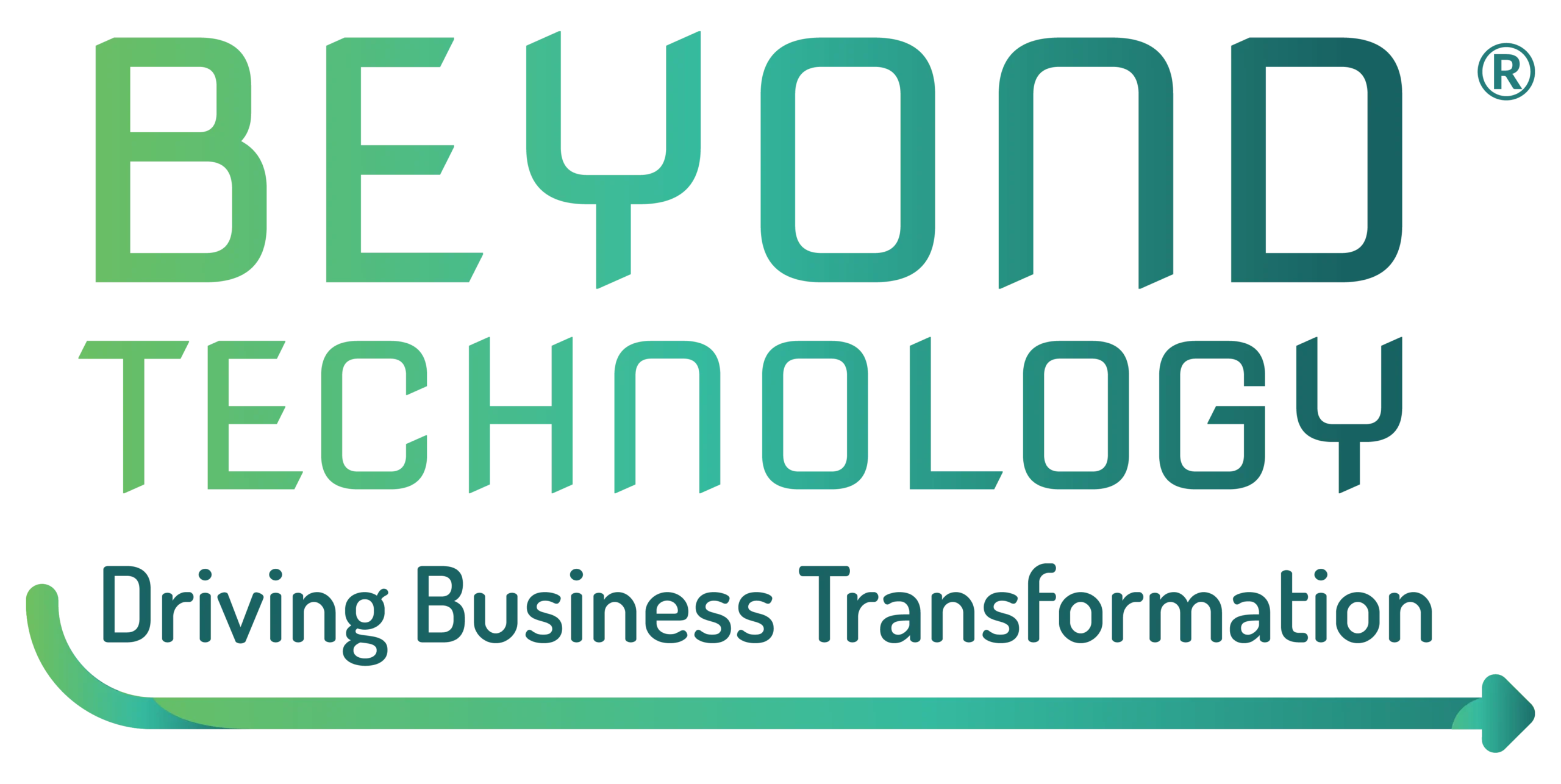
Welcome to the world of Industry 4.0, a term used to describe the rise of digital industrial technology and the resulting transformation of industry and society.
Whether you’re a business owner looking to stay ahead of the latest industry trends or an IT expert exploring this emerging topic, the impact of Industry 4.0 is proficient for everyone.
So, if you’re ready to learn more about this exciting new era and how it’s transforming businesses across industries, stick around for this blog.
Industry 4.0, also known as the Fourth Industrial Revolution, is characterized by increased connectivity, interdependence, automation, and data exchange between various sectors.
While there are many definitions of Industry 4.0, the concept is generally understood to encompass many technological advances and trends, including smart factories, advanced robotics and automation, sensors and big data analytics, cloud computing, and more.
This new era fundamentally changes how businesses operate, enabling them to be more efficient, flexible, and productive than ever before.
However, these transformations are also accompanied by a number of challenges and risks. These risks include the need for significant investment in new technologies and infrastructure, along with cybersecurity and privacy concerns.
Industry 4.0 technologies
Industry 4.0 is based on nine technological pillars.
These innovations connect the physical and digital worlds and enable intelligent and autonomous systems.
- Big Data and AI analytics: Big Data is collected from a wide range of sources, from factory equipment and Internet of Things (IoT) devices to ERP and CRM systems to weather and traffic apps. Artificial intelligence (AI)-powered analytics and machine learning are applied to data in real-time, and strategic information is leveraged to improve decision-making and automation.
- Horizontal and vertical integration: with horizontal integration, processes are tightly integrated at the field level, and production is tightly integrated with business processes and other departments.
- Cloud computing: the cloud is the great enabler of digital transformation. The data that powers Industry 4.0 technologies resides in the cloud, and the cyber-physical systems at the heart of the industry use the cloud to communicate and coordinate.
- Augmented reality (AR): overlaying digital content in a natural environment, it is a core concept that enables many options for solving even training programs
- Industrial Internet of Things (IIoT): Most material things in Industry 4.0, such as devices, robots, machinery, equipment, and products, use sensors and RFID tags to provide real-time data on their status, performance, or location. This enables companies to operate smoother supply chains, quickly design and modify products, avoid equipment downtime, stay on top of consumer preferences, track products and inventory, and much more.
- Additive manufacturing/3D printing: initially used as a rapid prototyping tool, it now provides a broader range of applications, from mass customization to distributed manufacturing.
- Autonomous robots: a new generation of autonomous robots is emerging. They are programmed to perform tasks with minimal human intervention. They vary widely in size and function, from inventory scanning drones to autonomous mobile robots for pick-and-place operations.
- Simulation/digital twins: a digital twin is a virtual simulation of a real-world machine, product, process, or system based on IoT sensor data. This core component of Industry 4.0 allows companies to understand, analyze and improve the performance and maintenance of industrial systems and products.
- Cybersecurity: with increased connectivity and the use of Big Data, effective cybersecurity is paramount. By implementing a Zero Trust architecture and technologies such as machine learning and blockchain, enterprises can automate threat detection, prevention, and response to minimize the risk of data breaches and production delays across their networks.
Companies and supply chains already use some of these advanced technologies, but the full potential of Industry 4.0 comes to life when they are used together.
Industry 4.0 has the potential to transform our lives and society in countless ways fundamentally. At Beyond Technology, we can develop projects for you to take that next step to become a cutting-edge company. Don’t hesitate to contact us for advice on how we can assist your business.
